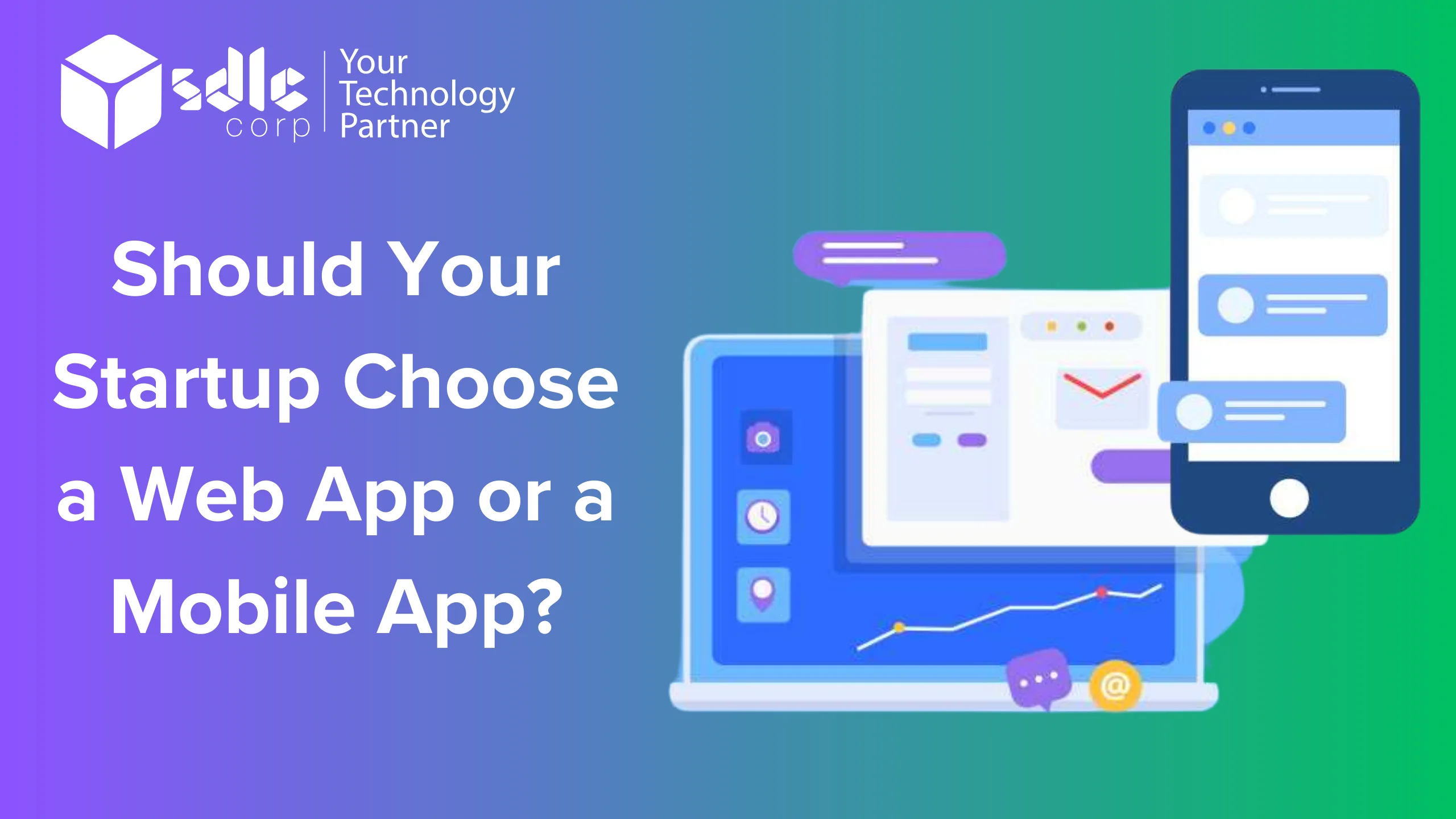Introduction
In today’s digital age, startups must make a crucial decision when developing their products: Should they focus on choose a web app or a mobile app? Both have advantages and downsides; selecting the proper one can make or break your company’s success.
Everyone believes mobile phones will outnumber laptops and other electronics in the coming years. Mobile app usage is increasing, but it doesn’t imply the web is dead. Most of the time, mobile apps are developed only after the website has been completed, but is this the best decision for your business?
The solution needs to be simplified. It is critical to select the best platform for your start-up. The appropriate option can only be made based on your needs and the type of audience you wish to attract to your brand. Before deciding, consider the significance of a mobile-friendly website and app.
In this blog post, we’ll look at the advantages and disadvantages of both solutions to help you make an informed decision.
Web App
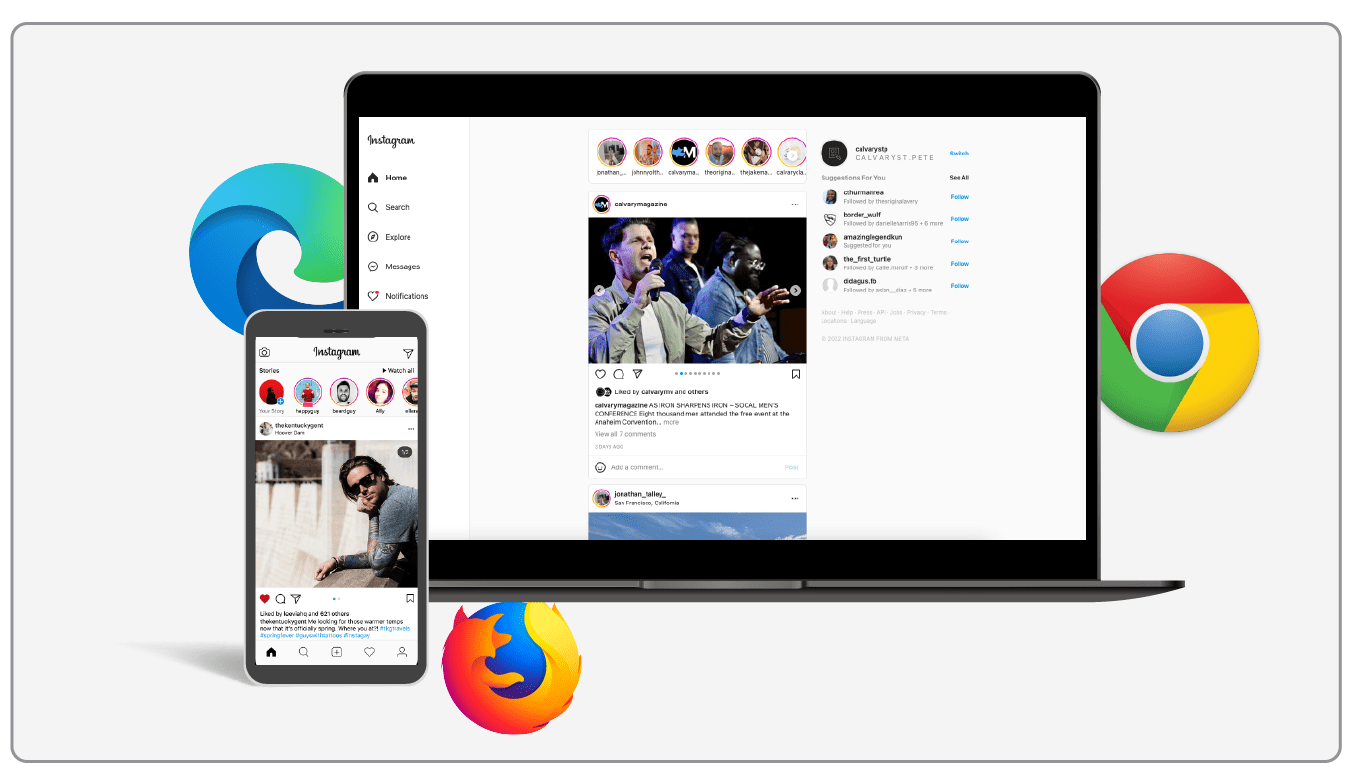
Here Are Some of the Perks of A Web App:
Easy Accessibility
As we mentioned before, web applications can be accessed from any device so long as it has a web browser and access to the internet. This allows users to access your software without having to download it.
Lower Development Costs
Developing a web app is usually less expensive than building a mobile app since it doesn’t require creating separate versions for different operating systems.
More Accessible Updates
When you update your web app, the changes are instantly available to all users. You don’t need to worry about users downloading and installing updates manually. (Read more about Which Ten Android App Development Trends Are the Most Popular?)
However, There Are Also Some Disadvantages of Web Apps:
Limited functionality
Web apps may not have access to all of the hardware features of a device, which can limit its functionality.
Lower Engagement
Web apps may not be as engaging as mobile apps since they lack the features that make them more immersive.
Limited Monetization Options
Monetizing a web app can be challenging since users are less likely to make in-app purchases or subscribe to a premium service.
Mobile App
A mobile app is a piece of software that is designed to run on mobile devices. It can be downloaded from an app store and installed on a device.
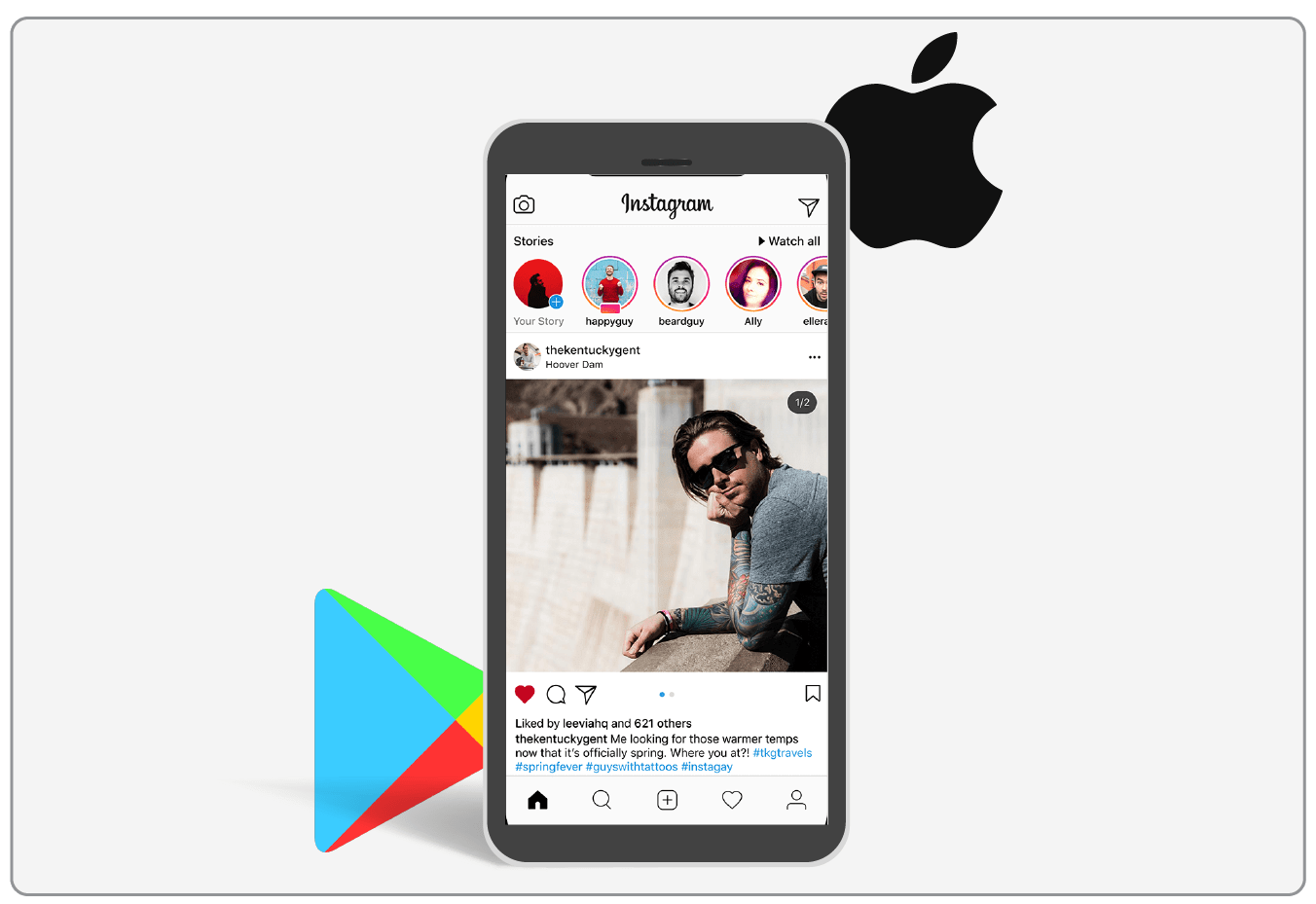
Here Are Some Advantages of A Mobile App:
Web or Mobile App for Your Startup? Click to Decide!

Better User Experience
Mobile apps are designed specifically for mobile devices, offering a better user experience than web apps.
More Engaging
Mobile apps are more immersive and interactive, which can lead to higher engagement from users.
Better Monetization Options
Mobile apps offer better monetization options, such as in-app purchases and subscriptions.
However, There Are Also Some Disadvantages of Mobile Apps:
Higher Development Costs
Developing a mobile app can be more expensive than developing a web app since it requires creating separate versions for different operating systems.
Platform-specific
Mobile apps are designed for specific platforms, such as iOSorAndroid,so you must create different versions for different platforms.Limited Accessibility
Mobile apps can only be accessed from devices compatible with the operating system they were designed for.
Explore our other insights!
The Price, Advantages, and Features of a Vehicle Marketplace Platform Such as Autotrader
Introduction Advantages, and Features of a Vehicle Marketplace Platform: The automotive industry is constantly growing, and with the
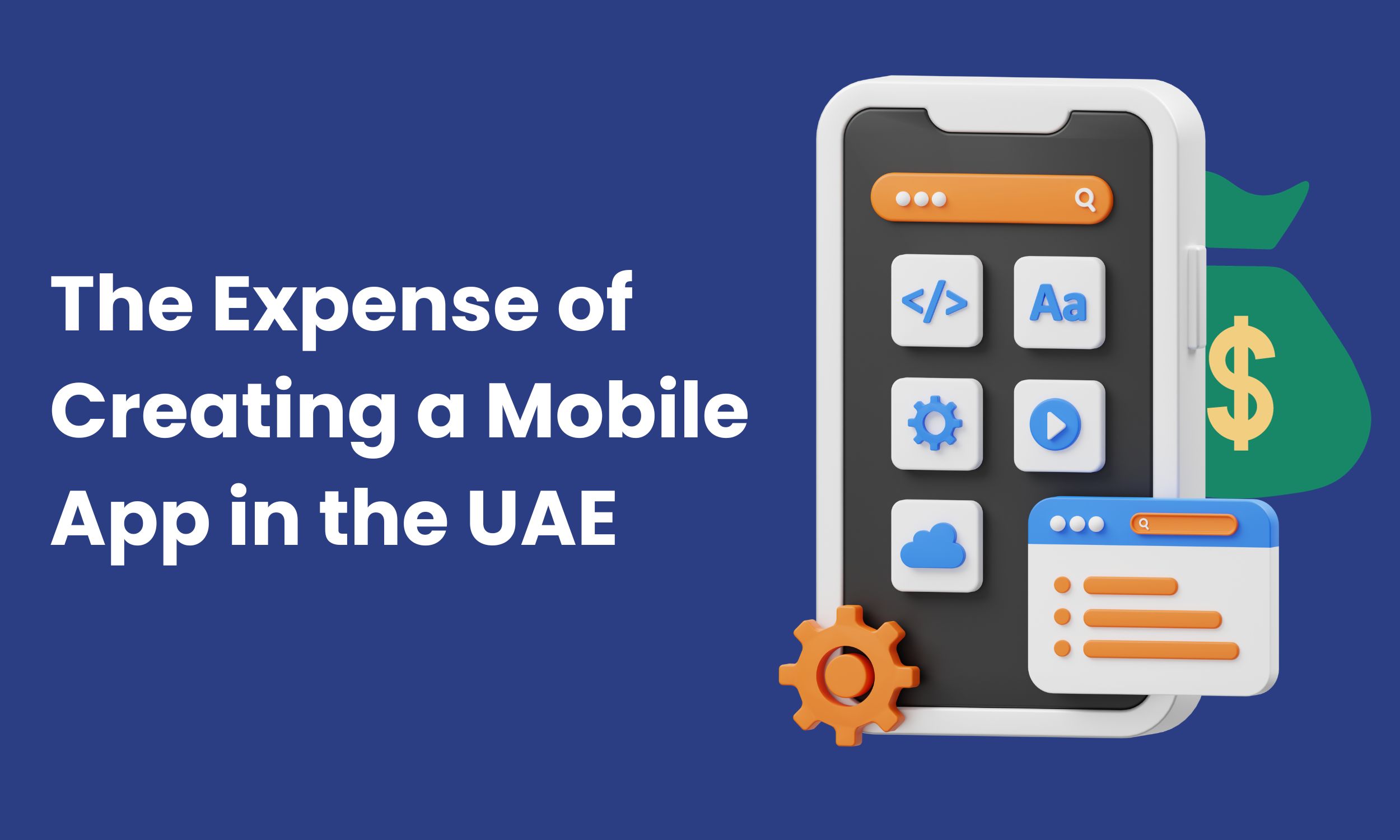
The Expense of Creating a Mobile App in the UAE
Introduction Today’s digital landscape depends heavily on mobile app development for organizations and individuals. In recent times, mobile

The Cost of Developing a FinTech App
In today’s digital economy, innovation is transforming financial services—driven largely by the rise of FinTech apps. From mobile
How Do You Create A Mobile App For A Startup?
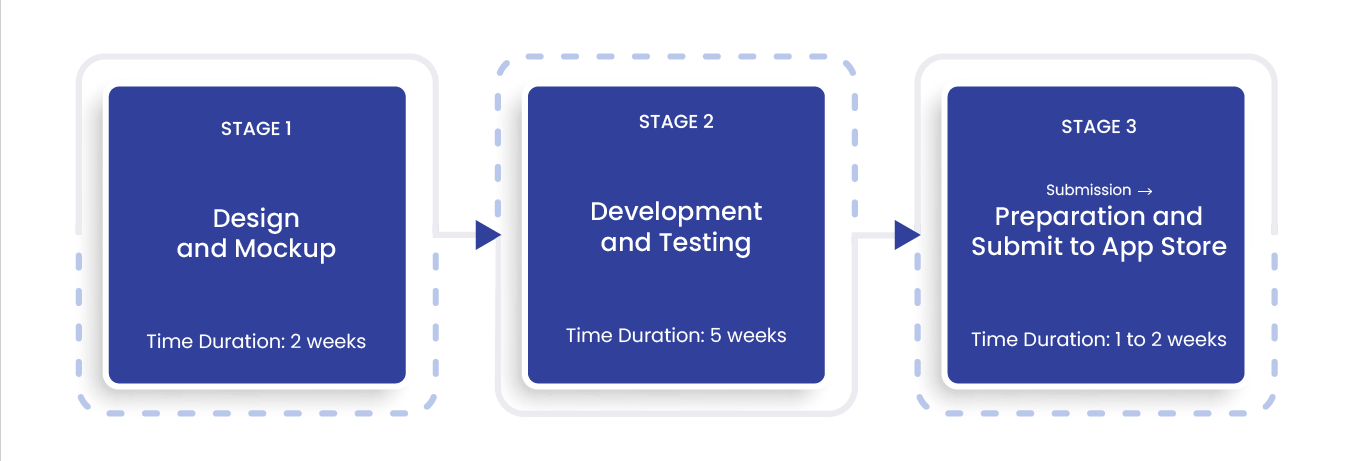
How Are Web Apps Created?
JavaScript, CSS, and HTML5 are commonly used to create web applications. Web apps, unlike mobile apps, do not have a standard software development kit.
Developers, on the other hand, have access to templates. As a result, web apps are typically faster and easier to develop than mobile apps but have fewer capabilities.
Web apps will typically be built with JavaScript, CSS, and HTML5. Unfortunately, unlike portable programs, there is no standard programming advancement unit for developing online applications. Regardless, designers do approach formats. Compared to mobile applications, online applications are often faster and easier to build but are far less complex in terms of features.
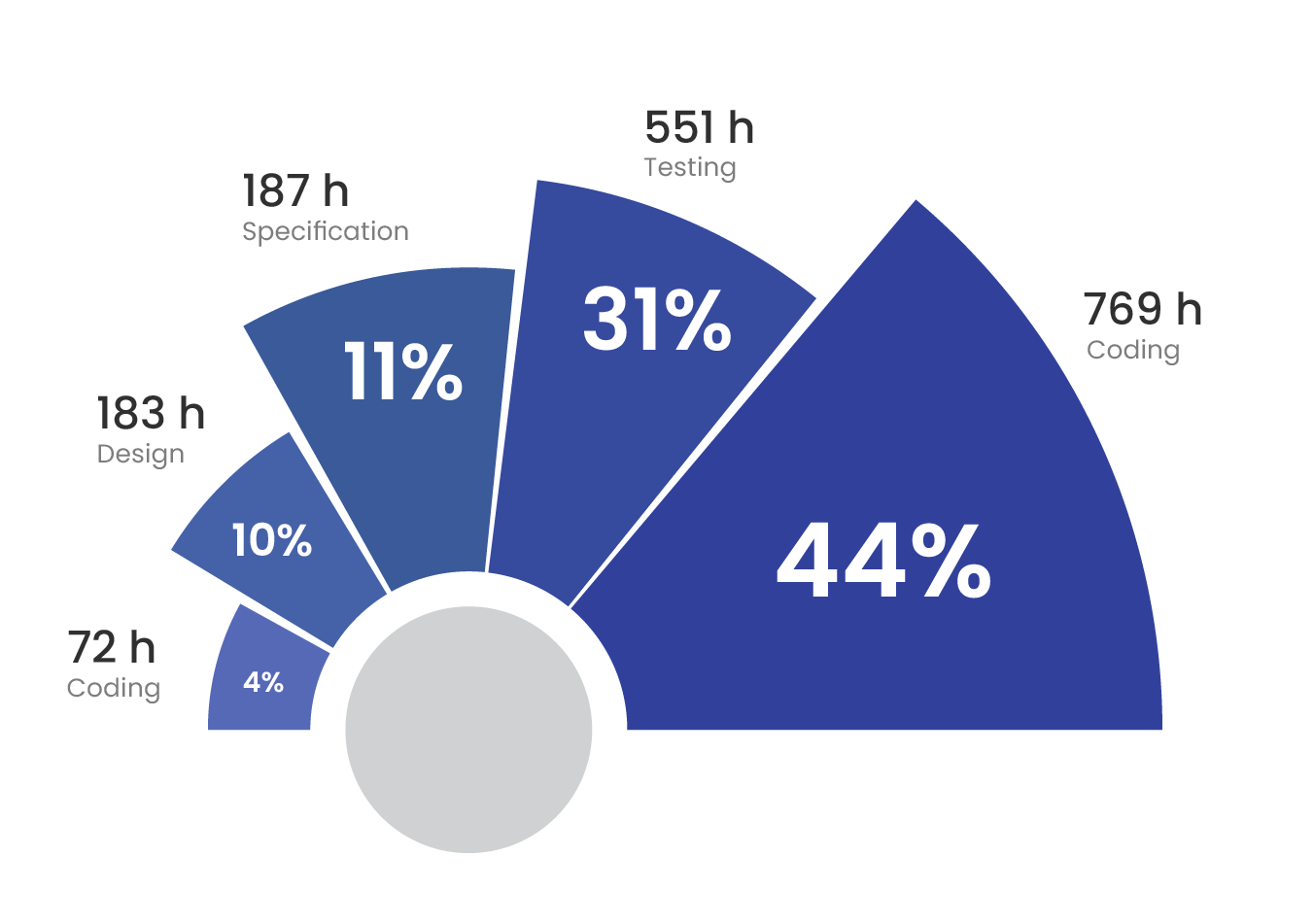
Factors to Consider When Deciding Between Web Apps and Mobile Apps
What Did Your Market Research Reveal?
Decide: Web App or Mobile App? Click to Find Your Startup's Path!

Is A Phone's Native Functionality Necessary?
Startups should choose a native mobile app if both queries are affirmative.Developers may now create a web app that uses a mobile’s native functionality but is messy and slow. Like iOS with geo-notifications, several smartphone systems restrict web apps from using native functionality.
Do You Need User Experience Customization?
Will Users Install A Mobile App?
Application downloads are rising worldwide, but they are declining in established areas like the UK, USA, and Japan. Downloading a mobile app adds another annoyance to the user journey.
When there’s a good reason to download an app, make a mobile app first, ticketing apps are popular because they centralize data and functionality for a consistent, fast user experience. This solves a significant issue for busy users who want all their movement in one location.
If this needs to be clarified immediately, try a web application that enables instant access. People are less likely to wait to download an app if you provide data or content.
Startup App Development Cost
A full-featured website or mobile app requires three budget lines.
According to Clutch, a full-featured mobile app costs $37,913 to $171,450. Building a single-platform mobile app costs this. (either iOS or Android).
Mobile app MVP costs $5,000–$15,000. That would be a simple app with one to three essential features and an appealing minimal style. (Read more about Understanding the Budget for Mobile App Development by App Type)
The average web app startup development cost is $10,000 to $150,000, depending on product complexity and the web app development business you use.
You can cut costs if you outsource development to Eastern Europe or Latin America, where hourly prices are $35 to $75. U.S. professionals charge $100-$200 per hour.
You can save money if you outsource development to Eastern Europe or Latin America, where hourly rates are $35 to $75. Startup app development company USA or web application development USA developers charge $100-$200 per hour.
Building an all-around streamlined mobile website will cost less than developing a web or mobile app, but you realize the repercussions.

Conclusion
Choosing between a web app and a mobile app ultimately depends on your business needs and goals. For example, a web app might be the better choice to reach a wider audience and keep costs low. On the other hand, a mobile app might be the way to go if you offer a better user experience and have more monetization options. Whatever option you choose, research and select the one that will best help you achieve your goals.
FAQs
1. What is a web app?
A web app is a software application that is accessed through a web browser over the internet. It typically runs on a server and can be accessed by users on various devices with an internet connection.
2. What is a mobile app?
Software designed to run on a mobile device, like a smartphone or tablet, is a mobile app. It is typically downloaded from an app store and installed directly onto the device.
3. How do I decide whether to build a web or mobile app for my startup?
Whether to build a web app or a mobile app depends on various factors, including your target audience, your budget, and the functionality you need. For example, if you want to reach a broad audience and only need access to some of the features of a user’s device, a web app may be the best choice.
On the other hand, if you need access to all of the features of a user’s device and want to provide a better user experience, a mobile app may be the way to go. Ultimately, consider your specific needs and consult with a developer or development team to determine the best option for your startup.

